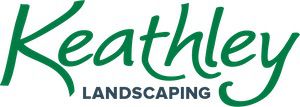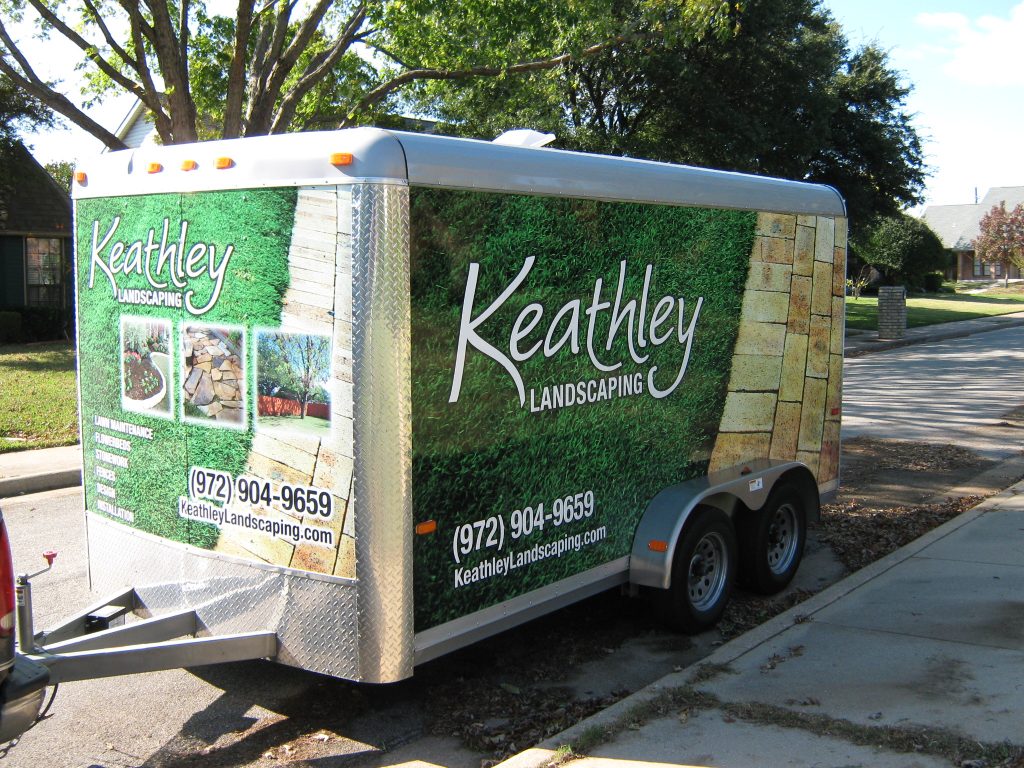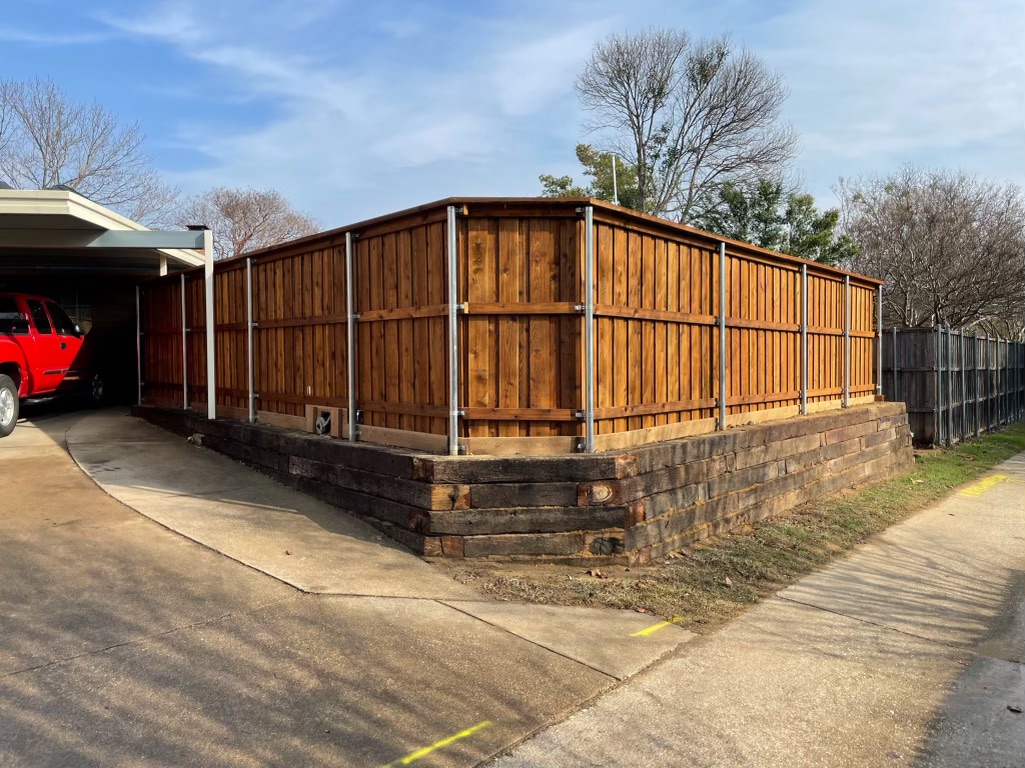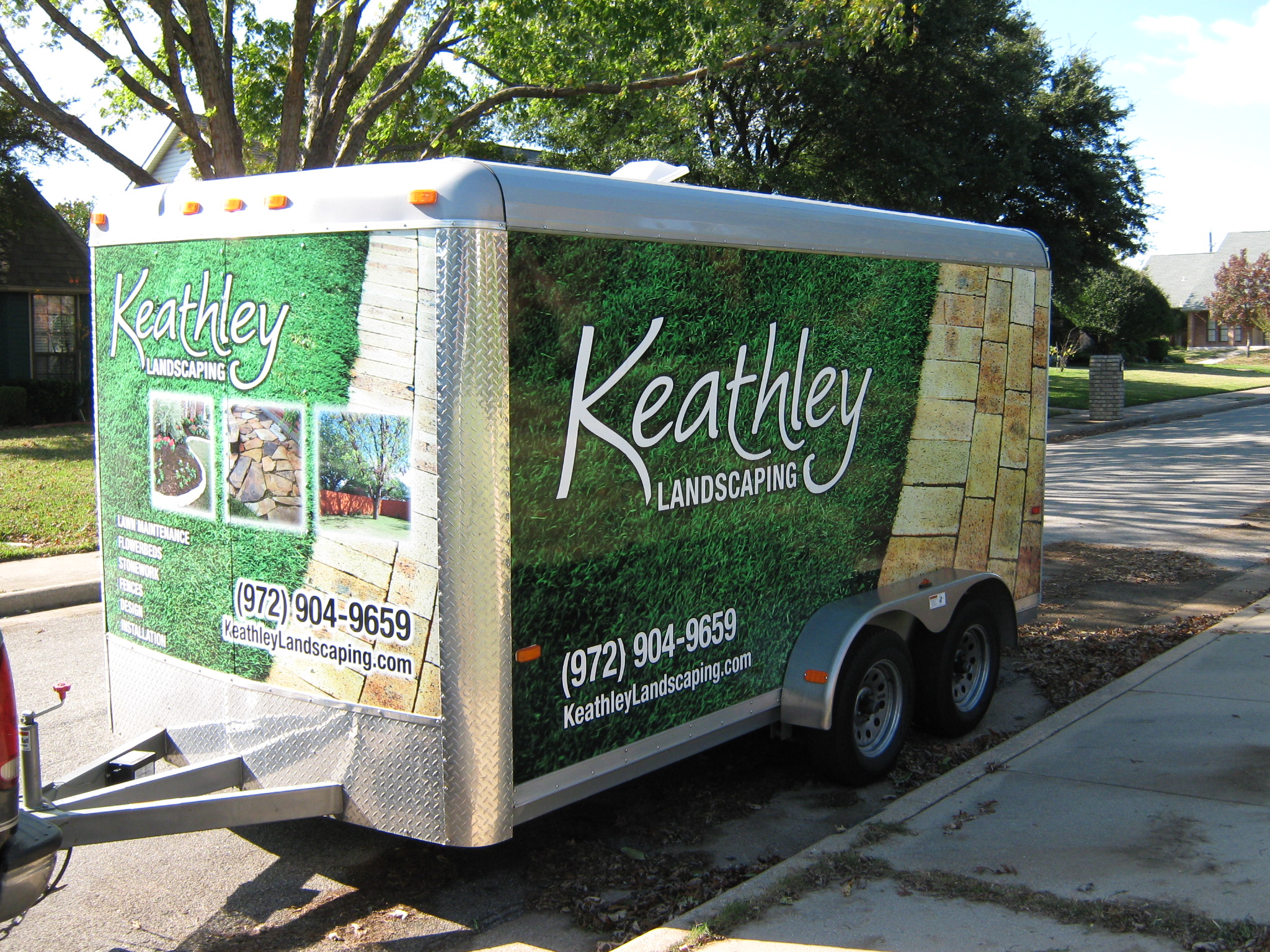Yard Drainage Solutions for Sustainable Home Design
Designing a sustainable home isn’t just about energy-efficient appliances or solar panels. It also involves smart landscaping choices, including effective yard drainage solutions. Proper yard drainage can prevent water damage, improve plant health, and boost your home’s overall sustainability. Let’s explore some practical and eco-friendly drainage solutions for your yard. 🌿
Table of Contents
1. Why Yard Drainage Matters
2. Rain Gardens: A Natural Solution
3. Permeable Paving: Let the Water Flow
4. French Drains: The Classic Choice
5. Conclusion
6. FAQs
Why Yard Drainage Matters
Water pooling in your yard isn’t just an eyesore; it can lead to serious problems. From soil erosion to foundation damage, poor drainage can wreak havoc on your property. In contrast, efficient drainage ensures that water is directed away from your home, protecting both your garden and your building structure. Moreover, it’s a key component of sustainable design, helping to conserve water and support local ecosystems.
Rain Gardens: A Natural Solution 🌸
Rain gardens are a beautiful and effective way to manage stormwater. These gardens are designed to collect and absorb rainwater runoff from roofs, driveways, and other impervious surfaces. By planting native shrubs, perennials, and flowers, you create a biodiverse environment that supports local wildlife. Plus, rain gardens can add a stunning visual element to your landscape.
Permeable Paving: Let the Water Flow 🌧️
Traditional paving can contribute to water runoff and flooding. However, permeable paving materials like porous concrete, interlocking pavers, or gravel allow water to seep through and return to the ground naturally. This not only reduces puddles and erosion but also replenishes groundwater supplies, making it an eco-friendly choice for driveways and walkways.
French Drains: The Classic Choice 🚜
For those who prefer a tried-and-true solution, French drains are a great option. These are trenches filled with gravel or rock containing a perforated pipe that redirects surface water and groundwater away from an area. French drains are particularly useful for homes with a basement or in areas prone to heavy rainfall.
Conclusion
Implementing effective yard drainage solutions is a vital aspect of sustainable home design. Whether you choose a rain garden, permeable paving, or a French drain, each method offers unique benefits that contribute to a healthier environment and a more resilient home. So, take the first step towards sustainability by assessing your yard’s drainage needs today. 🌍
FAQs
Q: How do I know if my yard has drainage issues?
A: Look for signs like standing water, mud, or water stains on your home’s foundation. These can indicate poor drainage.
Q: Can I create a rain garden myself?
A: Absolutely! With a bit of research on native plants and some gardening tools, you can design a rain garden that suits your space and needs.
Q: Are French drains suitable for all types of soil?
A: French drains work best in soils with good drainage. In areas with clay soil, additional measures like adding sand or gravel may be necessary.
By integrating these solutions, you’ll not only enhance your home’s sustainability but also its beauty and functionality. Happy gardening! 🌱






























Recent Comments